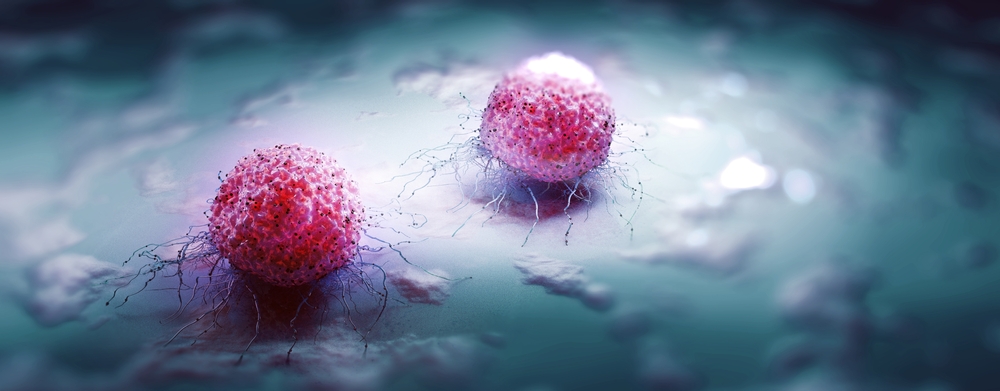


If you have cancer your oncologist or surgeon will send a sample of your tumour to the laboratory for investigation under the microscope. For some tumour types, a microscopic assessment of the tumour cells does not provide all the information that your doctor needs and the sample is forwarded for genetic testing so that the tumour’s DNA can be analysed. Somatic tumour testing can investigate many different mutations in different genes. This can provide a more precise diagnosis of a tumour and predict how it might progress in the future. Some cancers have treatment options that are guided by which mutations are present in the tumour cells. Your doctor may request somatic tumour testing to help decide which therapy is most suitable for you.
Genetic mutations are classified as either somatic or germline. While germline mutations are changes to your DNA that you inherit from your parents, somatic mutations are changes to your DNA that happen during your lifetime. Most genetic mutations that cause cancer are somatic. This means you were not born with them and only the cells in the tumour have the mutation.
Somatic genetic testing looks for acquired mutations in cancer cells. It is used to identify which genetic mutations are present in the abnormal cells. DNA is extracted from the tumour cells and analysed. Some testing is targeted at a specific group of cancers. This includes testing a panel of candidate genes most relevant to your type of tumour.
The results of genetic testing allow your doctor to better understand your tumour type and characteristics. For some tumours this test is used to decide if you will benefit from a particular type of therapy. Repeat testing can be used to monitor the effectiveness of treatment and potentially direct a change in ongoing therapy.
Sample
A sample of your tumour obtained during a biopsy or fine needle aspirate is required for laboratory analysis.
Any preparation?
None
A positive test result means a genetic mutation has been identified in one or more of the genes tested. The mutations identified may be called pathogenic or disease-causing variants. The variants of strong or potential clinical significance are highlighted and the results will help your doctors select the most appropriate treatment for the mutations identified.
Sometimes tumour testing finds mutations that potentially were inherited from a parent. These are germline mutations, and they are present in all of the cells of the body. This creates a risk of developing a specific type of tumour, for example, BRCA 1 and 2 are a risk for breast cancer.
If inherited, these mutations may have been inherited by other family members. Therefore, in some cases the information obtained from tumour testing will direct your doctor to do a blood test that looks for the mutation in your healthy cells not affected by cancer to see if you carry an inherited mutation. When these are discovered, the information can be used to advise other family members to have tests to see if they are also at risk of having that specific kind of cancer.
The choice of tests your doctor makes will be based on your medical history and symptoms. It is important that you tell them everything you think might help.
You play a central role in making sure your test results are accurate. Do everything you can to make sure the information you provide is correct and follow instructions closely.
Talk to your doctor about any medications you are taking. Find out if you need to fast or stop any particular foods or supplements. These may affect your results. Ask:
Pathology and diagnostic imaging reports can be added to your My Health Record. You and your healthcare provider can now access your results whenever and wherever needed.
Get further trustworthy health information and advice from healthdirect.